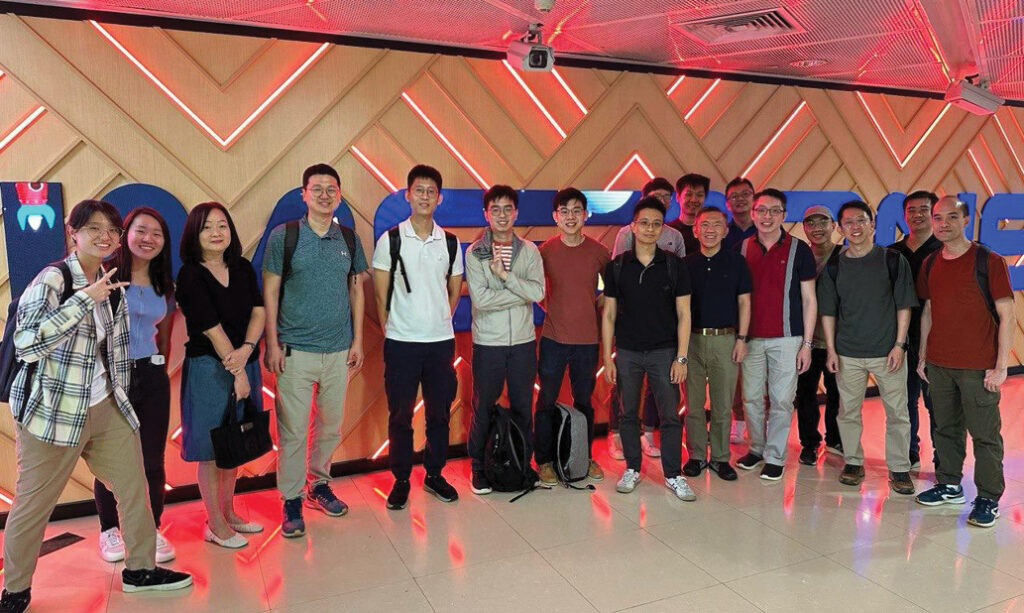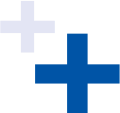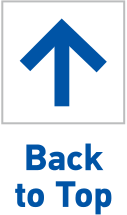
TELL US ABOUT YOUR ROLE AND RESPONSIBILITIES.
As a Space Systems Engineer with DSO National Laboratories, my role involves working with my team to analyse the system requirements to ensure that the project is successful and meets the objectives that the team intends to achieve. I also develop payload capabilities, which comprise firmware and hardware that will be sent into space. A typical day at work would be me fiddling with hardware or tweaking algorithms and running simulations. There is always something new to learn every day, as I test firmware, hardware, and debug codes.
HOW LONG DID YOU TAKE TO SECURE THE JOB?
I was offered a DSO Merit Scholarship after my internship with DSO at the end of my third year in NTU, so I could start working almost immediately after graduation.
WHAT WERE SOME CHALLENGES YOU FACED WHEN LOOKING FOR A JOB AND HOW DID YOU OVERCOME THEM?
One of the challenges I faced was not knowing what kind of work I would like to do after graduation. As the EEE curriculum is broad and diverse, there were many possible options to choose from, such as software engineering, power, communications, signal processing and IC design. I also chose not to specialise in a particular area and instead did a mixture of modules such as photonics, physiological systems, and control systems. Hence, there was no clear path as to what I was going to do in the future. Thankfully, I managed to secure an internship with DSO that helped me explore my interests in a safe environment.
WHAT ARE SOME STRATEGIES THAT YOU USED TO LAND YOURSELF THIS POSITION?
I reached out to one of my professors in EEE who connected me with DSO’s HR representative. My professor also helped to vet my application for the internship. In my application, I highlighted an extracurricular project that I took up in NTU where, as the Technical Vice-President, I was responsible for ensuring the technical feasibility of planned activities and designing a training plan for beginners to learn remotely and participate in those activities.
Due to the uncertainties brought about by the COVID-19 pandemic at that time, my team and I had to brainstorm and test different ways to conduct training effectively and allow participants to enjoy the planned activities from the comfort and safety of their own homes. Together with my team, we played a key role in making the project a success. Apart from keeping up with academics, it was beneficial to invest time in projects that broadened my perspectives and helped me develop transferable skills, such as problem-solving, time management, and resilience.
SHARE YOUR TIPS AND ADVICE WITH FELLOW STUDENTS WHO WILL BE LOOKING FOR JOBS OR INTERNSHIPS SOON.
I view internships as a two-way interview that spans three to six months. During my internship at DSO, experiencing the work environment first-hand solidified my decision to pursue a career there. I believe the passion and innovation I demonstrated helped me secure both a return offer and the DSO scholarship.
Although I did not seek guidance from a career coach, as I managed to secure an internship and subsequently, a full-time job quite quickly, I believe that career coaching is a valuable resource that can help improve a candidate’s resume and better prepare them for interviews.
Academics are important and good grades do showcase your academic abilities. However, dedicating time to developing yourself in other areas and exposing yourself to unique challenges will allow you to grow beyond what academics can provide. This growth is invaluable in making yourself stand out from your peers.

Yu Yun (second from left) during team cohesion.






